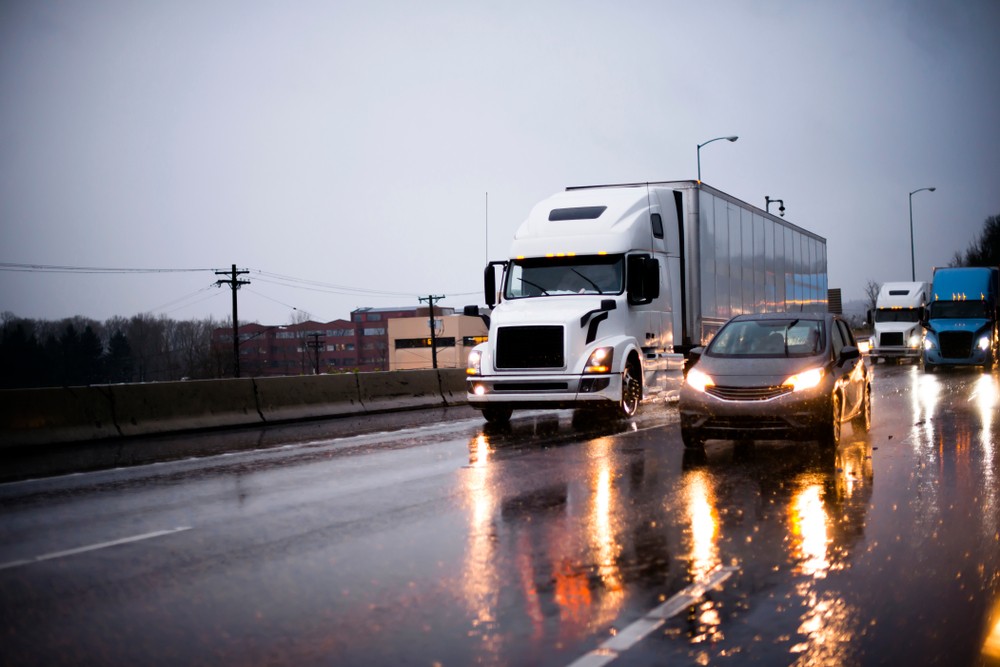DfT needed to modernize its core technology stack to support digital transformation. As a result, they decided on a cloud first approach, and to achieve this, turned to Google Cloud. DfT has been working with Google Cloud over the past two years to reinvent how it optimizes internal service delivery and introduces new digital capabilities for its staff. It’s anticipated that by June 2020 the department will operate as a cloud-first organization.
Prior to moving to the cloud, it was resource-intensive for DfT to maintain servers, manage backups and ensure the overall health of the IT systems, and simple utilization and querying tasks often required days to complete. Their data centers also lacked the scalability to match DfT’s longer-term needs as it looked to undertake bigger and more complex data initiatives.
In an effort to build the capabilities it required in the longer-term, DfT decided to work with Google Cloud to migrate a large proportion of its applications to the public cloud. The migration, which they called the DfT Data Centre Transformation, took place during the last quarter of 2018 and the first phases were completed by mid 2019.
Over the course of 12 months, DfT successfully completed the migration of hundreds of virtual machines to GCP. This has allowed DfT to decommission a large chunk of its on-premises infrastructure while improving the reliability, resilience and security of its systems.
Since the migration, DfT has been able to access a broad range of services designed to dramatically enhance its capabilities, as well as develop its own software products on top of Google Cloud. These services include enhanced Infrastructure-as-a-Service (IaaS) capabilities through Compute Engine, serverless capabilities through BigQuery, and serverless Platform-as-a-Service (PaaS) capabilities through App Engine for application development and service deployment. This has allowed DfT developers to focus on the code rather than having to worry about underlying infrastructure.
In the months since the migration to GCP, DfT has seen vast improvements in its IT operations. Benefits such as reduced friction in IT maintenance and the ability to make better use of its resources were largely anticipated; but an unexpected benefit was the ability to capitalize on innovation through the use of open source platforms, which has opened the department’s eyes to new possibilities and inspired greater business agility.
This has manifested in the execution of several projects that previously wouldn’t have been possible, including:
· A DfT instance of LENNON, a data-intensive (100TB+) application used by the rail industry for ticket information, was migrated from an internal cluster into BigQuery. Before the migration, running searches on the DfT customized version of the database could take up to five days. Now, queries can be performed in a matter of seconds, enabling the Rail Data team to work more quickly and effectively.
· Journey Time Statistics, a road transportation analytics system, was re-platformed as a proof of concept to infrastructure as a service through Compute Engine to give the team more flexible and scalable compute capabilities. Through leveraging VMs with greater CPU, Memory and Disk performance, the time taken to complete analytics jobs performed by the system were reduced significantly, allowing the team to iterate and generate their statistical outputs faster.
Interim CIO at DfT Mark Lyons has been extremely pleased with the progress so far. “Our work with Google Cloud is helping us to become a more digital and data-driven organization. The capabilities the platform offers are helping us to utilize data better to support decision-making, policy-making, reporting and governance, as well as provide new digital services to engage with citizens on transport related initiatives.
“We’ve been excited to go on this journey with Google Cloud. When you have finite resources, having a partner that understands the process of change and can direct your focus to the things that really matter is invaluable. We’ve invested in this as a long-term partnership and are excited for Google Cloud to remain our number one cloud platform provider.”
The department hopes that its work with Google Cloud can spur further transformation initiatives, including innovation around image recognition, app transformation and internal performance management systems.
“The use of cloud services is key, particularly agility and scalability,” says Mark. “Google Cloud is helping us to work at the scale and speed of delivery we need.”




